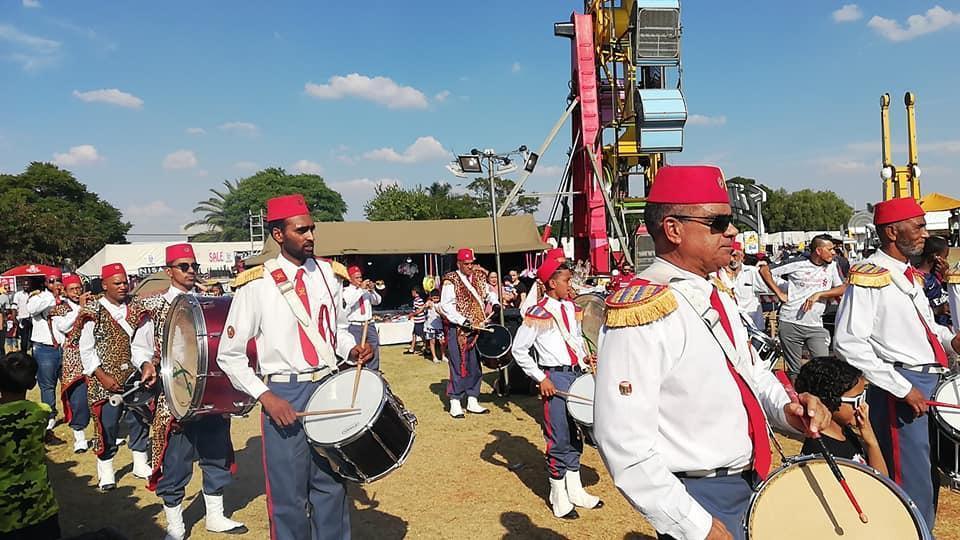Ottoman heritage in South Africa lives on with marching band
ISTANBUL

A marching band, known as the “Ottoman Marching Band,” is keeping the Ottoman cultural and historical heritage alive in Africa.
The band, founded by Malaysian immigrants in 1949, is made up of mostly Muslim South Africans and attracts attention with the red fezzes used by the members during their performances.
However, the band, which is struggling with financial problems, is waiting for Turkey’s support to participate in international competitions.
“Another cultural and historical heritage unearthed in South Africa is the Ottoman Marching Team,” said Elif Çomoğlu Ülgen, Turkish ambassador in Pretoria, citing that the Ottoman traces in South Africa gained power with the Ottoman religious scholar Ebubekir Efendi who came to Cape Town, being deployed for assignment by the sultan in the 1860s.
Ülgen also referred to a cricket club with the name “Ottoman,” which played in the local league of Cape Town.
“The Ottoman Cricket Club is a team formed by the students of Ebubekir Efendi. We understand that the Ottoman Band also received support from the Ottoman Cricket Club,” Ülgen said.
“It is significant that they have chosen the ‘red fez’ as their symbol and have kept these uniforms to this day,” she added.
The ancestors of 1.5 million Muslims in South Africa today are predominantly Malays sent by the Dutch as exiles and Indians brought by the British from South Asia.
The influence of Ebubekir Efendi, an Ottoman scholar who was sent to South Africa by Sultan Abdulaziz at the request of the British in order to resolve religious disputes among Muslims in South Africa, continues to influence the Muslims of the region.
















